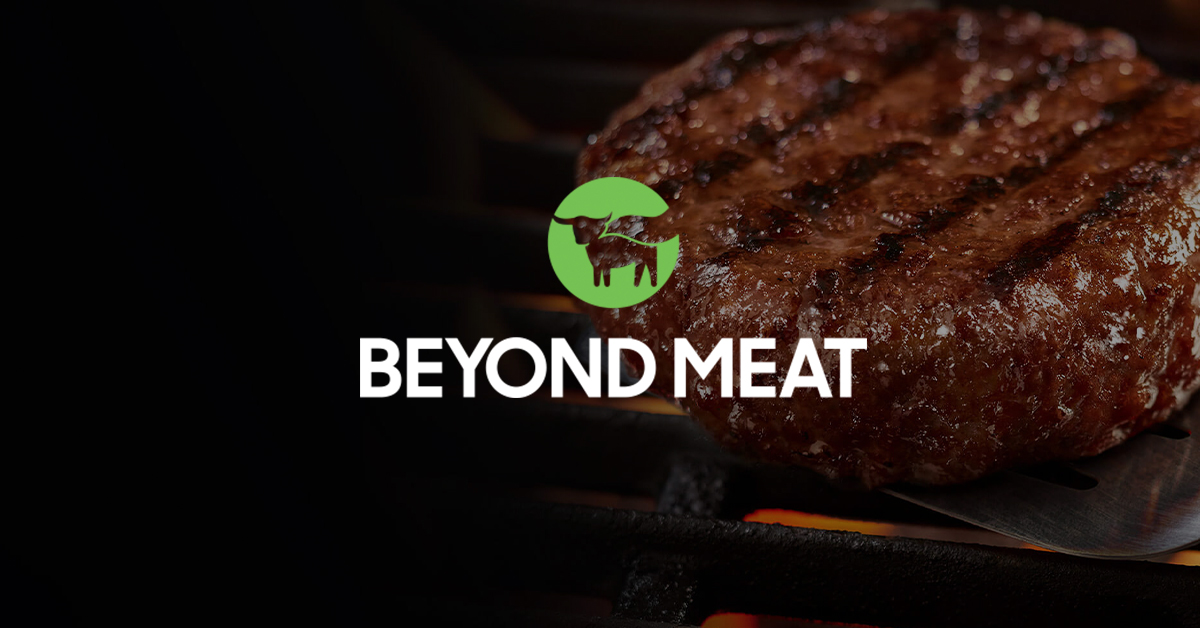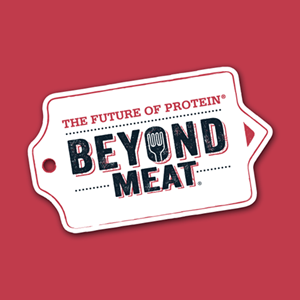After Disappointing Quarter, Beyond Meat Acknowledges Consumer Divide

Beyond Meat reported a 30% drop in net revenue in its ‘disappointing’ second quarter, citing a decline in U.S. consumer demand for plant-based meat products.
In the quarter ending July 1, the El Segundo, California-based company raked in net revenue of $102.1 million. Gross profit was $2.3 million compared to a loss of $6.2 million in the year prior period.
As a result of the tough quarter, the company has released a “more cautious” revenue outlook for the back half of the year that will “likely delay [its] achievement of cashflow positive operations,” co-founder and CEO Ethan Brown told attendees on yesterday’s call. The timeline for achieving that goal, however, appears to be slower than what Brown previously alluded to on Beyond’s Q1 earnings call.
Net revenues in FY 2023 are now expected to be in the range of approximately $360 million to $380 million, representing a decrease of 14% to 9% compared to 2022. Looking at the balance of the year, Beyond Meat executives said the company will continue to “aggressively” manage inventory levels with the goal of releasing incremental cash.
“While we are reducing our full-year 2023 net revenues outlook, we nevertheless expect a modest return to year-over-year top-line growth in the third and fourth quarters of 2023,” said Brown in a prepared statement. “We remain steadfast in our belief that plant-based meat, and Beyond Meat specifically, will play an important part [in] the global response to a climate crisis.”
Brown added that inflation and higher interest rates are “squeezing the spending power of the consumer.” He also believes ambiguity and confusion around the benefits of plant-based meat are driving away U.S. shoppers.
During the quarter, U.S. retail sales decreased 38.5% compared to the year-ago period due to a 34.3% decrease in volume, reflecting weak category demand. Meanwhile, U.S. food service net revenues decreased 45.4%.
To strengthen its appeal to flexitarian consumers and “tackle misinformation,” Beyond Meat plans to step up its marketing efforts. The company’s newest campaign, titled “There’s Goodness Here,” launched last week and takes consumers through the “clean and simple steps” of how the ingredients for its plant-based meats are grown to try and counter the narrative that its products are heavily processed.
“That’s the number one issue. It’s not necessarily the characteristics of the consumer. It’s that the overall pie is not growing. That’s what we need to fix together,” Brown told investors.
Elsewhere, international retail channel net revenue decreased 15.6% compared to the year-ago period. However, Brown said European consumers are “very concerned” about climate change and the environment and view food as a key way to combat greenhouse gas emissions and the McPlant burger has begun to take hold in Malta.
When asked by an investor whether he would consider the possibility that Beyond Meat may be a $250 million or $300 million business as opposed to a $350 million business, Brown answered, “I disagree pretty vigorously with that future. If you look at some of the positive trends that we’re seeing, including the fact we’re resuming growth quarter over quarter, and have been through what I think is the most difficult period for the business.”
Despite significant gains in recent years, mass-market adoption of plant-based meat, seafood, eggs and dairy remains limited by taste and pricing-related challenges, according to The Good Food Institute’s (GFI) 2022 State of the Industry report.
“Like many innovative disruptions throughout history, what we initially thought was going to be a quicker pace of mainstream adoption has proven to be slower,” said Brown during the call. “In my comments today, I emphasize familiar points of focus as we navigate the chasm between early adopters and mainstream consumers.”
Accordingly, Beyond Meat is watching consumer and customer reactions closely and is “excited by early results.” In the frozen section, the company is expanding distribution of its Beyond Steak product, which is the number one new plant-based item at retail, according to SPINS data for the 12-week period ending July 16.
Additionally, Beyond Steak is the first plant-based meat to receive on-package certification by the American Heart Association.
The company’s focus on refrigerated vs frozen has varied from year to year, or even quarter to quarter. In November Brown said the team hoped to build a brand block in frozen centered around its chicken tenders and sliced steak, since adding the Beyond Stack burger. However, fresh appears to also be top of mind, with Brown telling analysts yesterday that “investing in resetting the retail fresh plant-based meat section” would help restore top-line growth. Beyond Meat’s Q2 earnings report comes as the company faces a class action lawsuit filed in May by institutional shareholders alleging that company executives “misled investors by boasting about the success of its product” and profited from the artificially inflated share prices.
Elsewhere, alt-meat competitor Impossible Foods in October laid off around 6% of its 800-person workforce under a reorganization led by Peter McGuiness based on “clear supply and demand functions.” Just months earlier, Beyond Meat had laid off 4% of its own global workforce.
“You go through a trough of disillusionment, then you come back up on the slope of enlightenment, and I think we’re in that area where we’re coming back out of it,” said Brown during the call. “Looking forward to the balance of the year, I do think you’ll see some of that resumption of growth.”

















